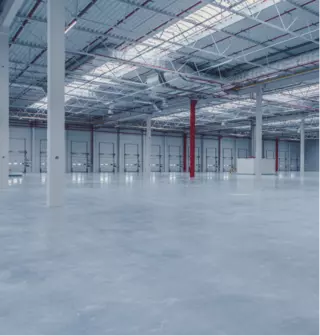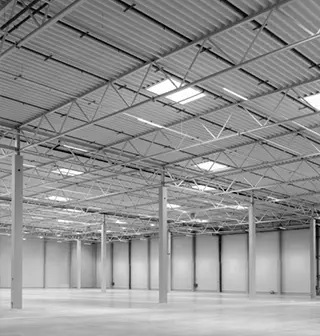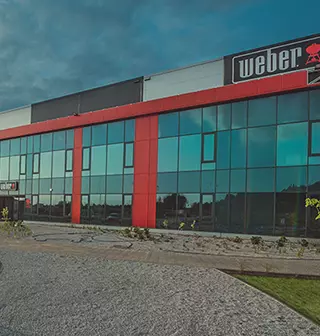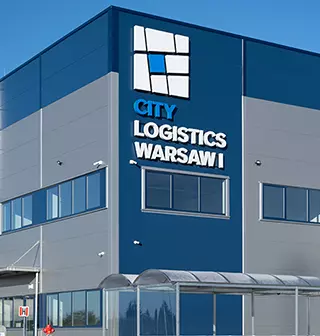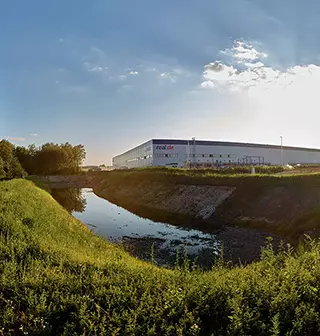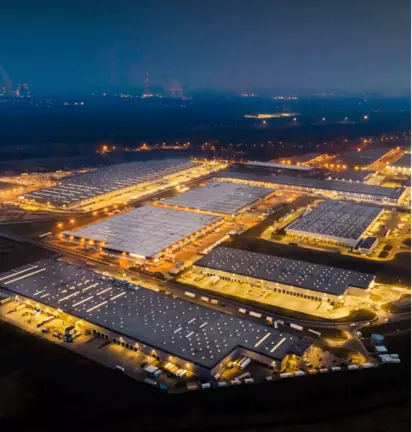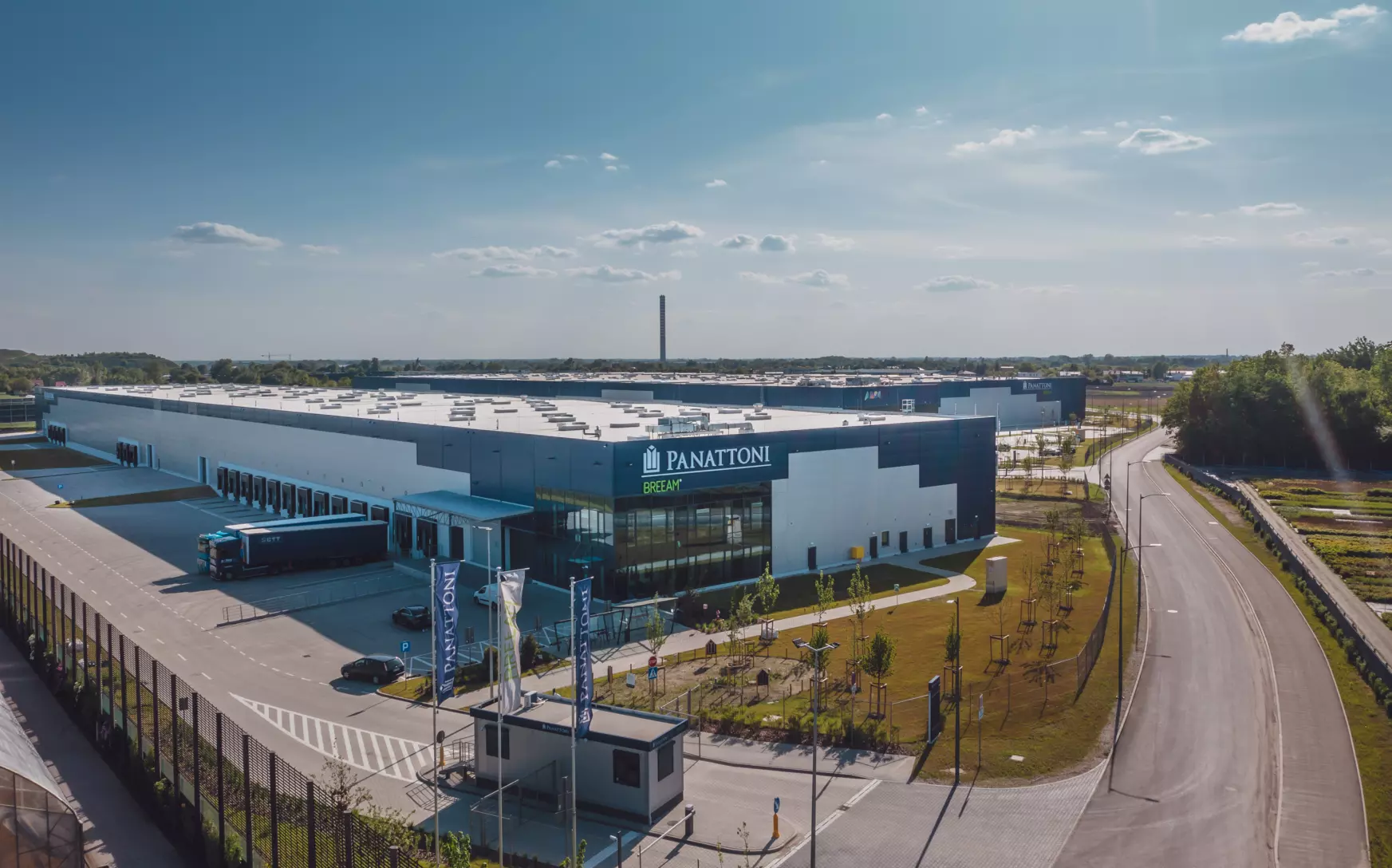
Despite numerous challenges and uncertainties, businesses in retail and manufacturing view their current state better than they did a year ago and for the first time in six years are showing a higher level of contentment than logistics. The overall confidence index in the logistics and supply chain sectors now stands at its highest level for three years. The sentiment of warehouse tenants has been surveyed and is presented in the latest Confidence Index report jointly prepared by CBRE and Panattoni.
The year 2023 remains extremely demanding for business due to numerous economic and political challenges. Despite this, the overall confidence index in the logistics and supply chain sectors, as published in the Confidence Index 2023 report, stands at 48.8. However, clear differences exist between the different groups surveyed. What has most affected the results, which now stand at their highest level for the last three years, is the improvement in the sentiment of businesses in retail trade and manufacturing. For these businesses, the index has seen a marked rise to 52.4 – its second highest level throughout the entire six years of the survey.
“The improved sentiment among manufacturers and retail traders is very pleasing and grounds for optimism. Let’s bare in mind that both of these groups are struggling with many challenges due to such factors as high inflation, a tightening of the financing market and much lower consumer spending. Despite all of this, these companies have not looked at the coming months so positively for years. In 2022, this index stood at 38.6 but this year is has reached 52.4. The last time we saw better figures was at the end of 2017/beginning of 2018,” says Joanna Sinkiewicz, the head of the warehouse and industrial department at CBRE for Poland and the Central and Eastern European region.
At the same time we see a fall in the index for logistics from last year’s 50.8 to the current 45.2. Almost 90% of those surveyed point to changing economic conditions and uncertainty as factors that are negatively impacting their companies’ results. Inflation and pricing pressure are mentioned by 84% and 80% point to labour costs and the rising costs of fuel and energy. Similar factors are mentioned by the manufacturing and retail group. The factors that logistics companies point to as having a positive impact on their businesses are above all transport and storage capabilities.
“It is worth mentioning that this year the number of companies facing the toughest conditions shrank by 28 pp when compared to the previous Confidence Index survey. Moreover, despite the challenging conditions. 56% of logistics operators expect a rise in their turnover over the next few months and over 60% (as well as 64% of the manufacturing and retail group) are planning to make significant investments in the near future in their logistics and supply chains. The Polish industrial real estate market rests on firm fundamentals. Due to Poland’s superb location in the centre of Europe, its well-developed infrastructure, its operating costs – which remain lower than those in the west – and the high level of confidence seen in its key industries, Polish industrial space is currently one of the most interesting investment assets,” says Marek Dobrzycki, Managing Director at Panattoni.
Poland attractive to business
Companies from both groups have once again compared doing business in Poland to other countries in the European Union, which as many as 72% of those surveyed (including 84% of the logistics operators) assess as above average. The operational speed of supply chains also has a very high assessment with 40% of those surveyed (including 56% of the logistics operators) stating that it is was better than in other countries. Companies from both groups also singled out the quality and availability of logistics space, with almost half believing that on this level Poland is more attractive than other EU countries with barely 6% stating that it is less attractive. Moreover, more than 40% assess the qualifications of Polish workers to be higher than the EU average.
Even though the growth of e-commerce has stalled significantly, those who took part in the Confidence Index survey are still counting on its further growth. Around 40% predict it will rise by 6-10% in 2023 compared to the previous year and as many as 28% predict the rise to be more than 10%.
As many as 67% of companies from both groups see an increase in demand for logistics space and intend to increase their volumes while barely 5% are planning to reduce their stock. The most frequent challenges mentioned by retailers, manufacturers, and logistics operators were rising rents, maintenance fees and finding buildings in appropriate locations.
METHODOLOGY
Altogether 50 companies took part in the Confidence Index survey, of which 25 were logistics operators with the remaining 25 being either manufacturers or retailers. Those surveyed comprised mainly logistics and supply chain directors, who made up 40% of the respondents as well as managing and general directors, who comprised 25% of those surveyed.
The confidence index is calculated on the percentage of respondents reporting an improvement, no change or a deterioration in the sector. As a result, a number of more than 50 shows an improvement while one below 50 indicates a deterioration. The further away from the number 50 the index is, the greater the change is for the given period.
